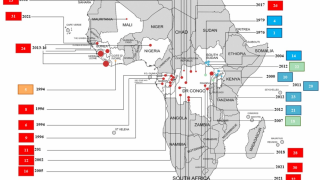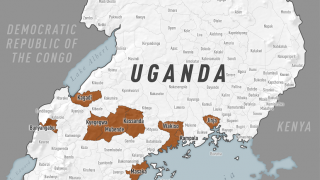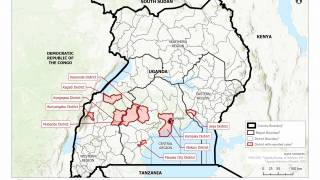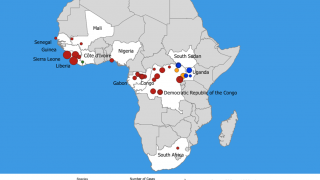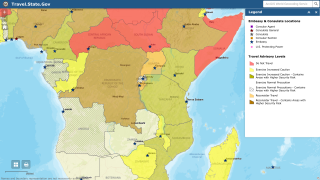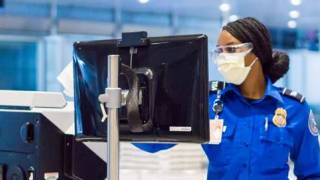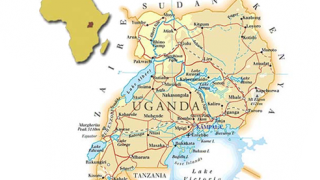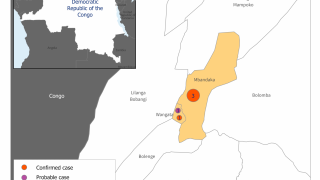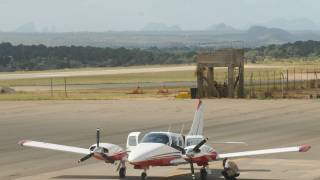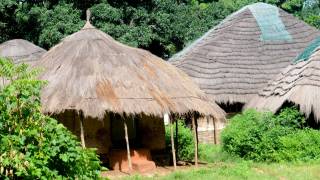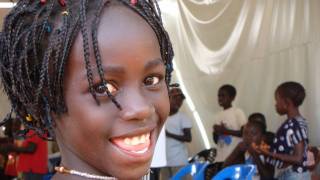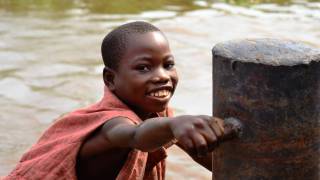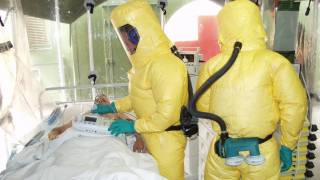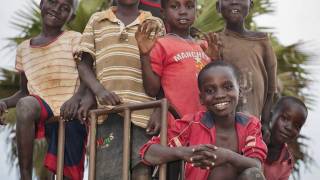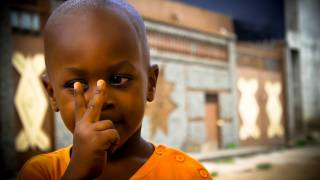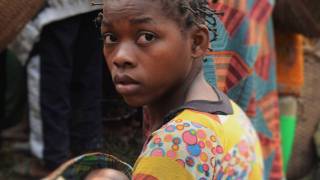Ebola Vaccinations Accelerate in West African Countries
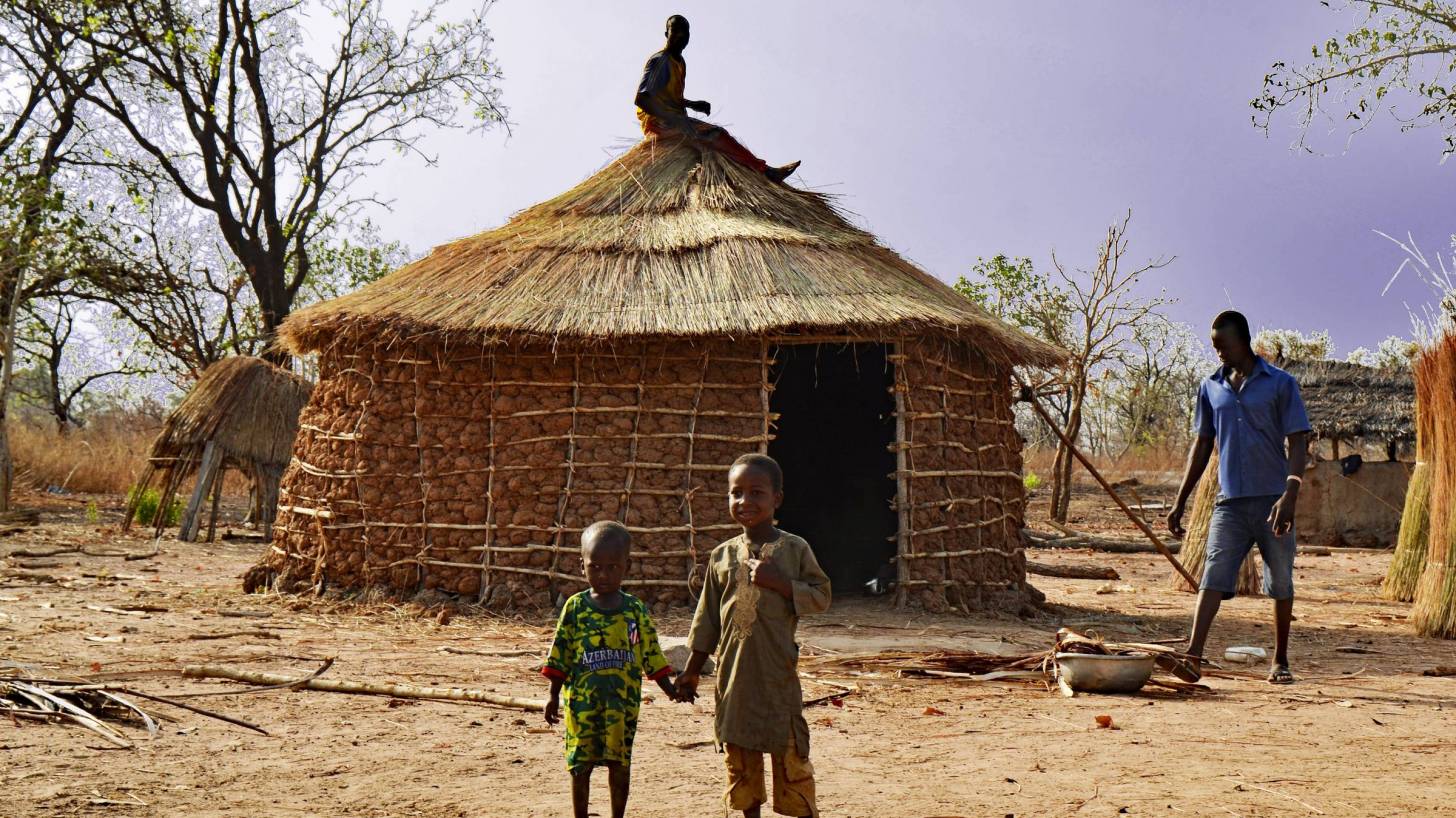
As Ebola immunization scales up in Guinea, the country’s African neighboring nations are on high alert, urgently preparing to detect, isolate and manage any cases and quickly stamp out potential cross-border outbreaks, says the World Health Organization (WHO).
All six nations bordering Guinea are finalizing their national preparedness and readiness operational plans according to a WHO readiness assessment tool. The overall state of readiness in these west African countries is nearly 66% which is still lower than the benchmark of 80%.
The latest outbreak in N’Zerekore prefecture is close to porous borders with Liberia, Sierra Leone, and Côte d'Ivoire.
As of February 26, 2021, the WHO stated 20 alerts of suspected cases had been reported in these countries.
WHO has disbursed US $ 1.25 million to support the response in Guinea and to reinforce Ebola readiness in Cote d’Ivoire, Guinea-Bissau, Liberia, Mali, Senegal, and Sierra Leone.
The United Nations Central Emergency Response Fund has also released US $ 15 million to support the response to the Ebola outbreaks in Guinea and the Democratic Republic of the Congo, as well as preparedness in the neighboring countries.
“We’ve learned the hard lessons of history, and we know with Ebola and other health emergencies preparedness works,” commented Dr. Matshidiso Moeti, WHO Regional Director for Africa, in a press release.
In Guinea itself, around 65 WHO international and national experts are on the ground. The government has supported a special flight to bring in doses of the Merck Evrebo rVSV-ZEBOV Ebola vaccine, ultra-cold chain containers, personal protective equipment, and other medical supplies from Conakry to N’Zerekore.
In the Democratic Republic of Congo’s North Kivu province, there have been eight confirmed Ebola cases and four deaths in the latest outbreak that was declared on February 7th. More than 650 people have been vaccinated so far.
About 8,000 vaccine doses were still available in the country at the end of the 11th Ebola outbreak. Another 4,320 doses are expected to arrive early next week.
Ebola Virus Disease is a severe, lethal illness that typically kills around half of those infected. It spreads between people through direct contact with blood and bodily fluids of infected people and from surfaces and materials contaminated with these fluids.
The 2014-2016 West Africa Ebola outbreak began in Guinea and spread to Liberia and Sierra Leone. When it was finally brought under control, there were about 11,000 deaths, making it the deadliest since the virus was first detected in 1976.
To inform international travelers, the CDC issued Level 3 Travel Alerts, Avoid Nonessential Travel, for Guinea and The Democratic Republic of Congo on February 24, 2021.
The CDC says ‘travelers to this area could be infected with Ebola if they contact an infected person’s blood or other body fluids. Travelers should seek medical care immediately if they develop fever, muscle pain, sore throat, diarrhea, weakness, vomiting, stomach pain, or unexplained bleeding or bruising during or after travel.’
Furthermore, the CDC says ‘a single dose of rVSVΔG-ZEBOV-GP is safe and protects against Zaire ebolavirus, which has caused the most significant and most deadly Ebola outbreaks to date.’
Ervebo, Ebola Zaire Vaccine, Live, (rVSV-ZEBOV-GP), is a recombinant, replication-competent Ebola vaccine, consisting of a vesicular stomatitis virus, which has been genetically engineered to express a glycoprotein from the Zaire ebolavirus to provoke a neutralizing immune response to the Ebola virus.
Vax-Before-Travel published research-based news.
Our Trust Standards: Medical Advisory Committee



